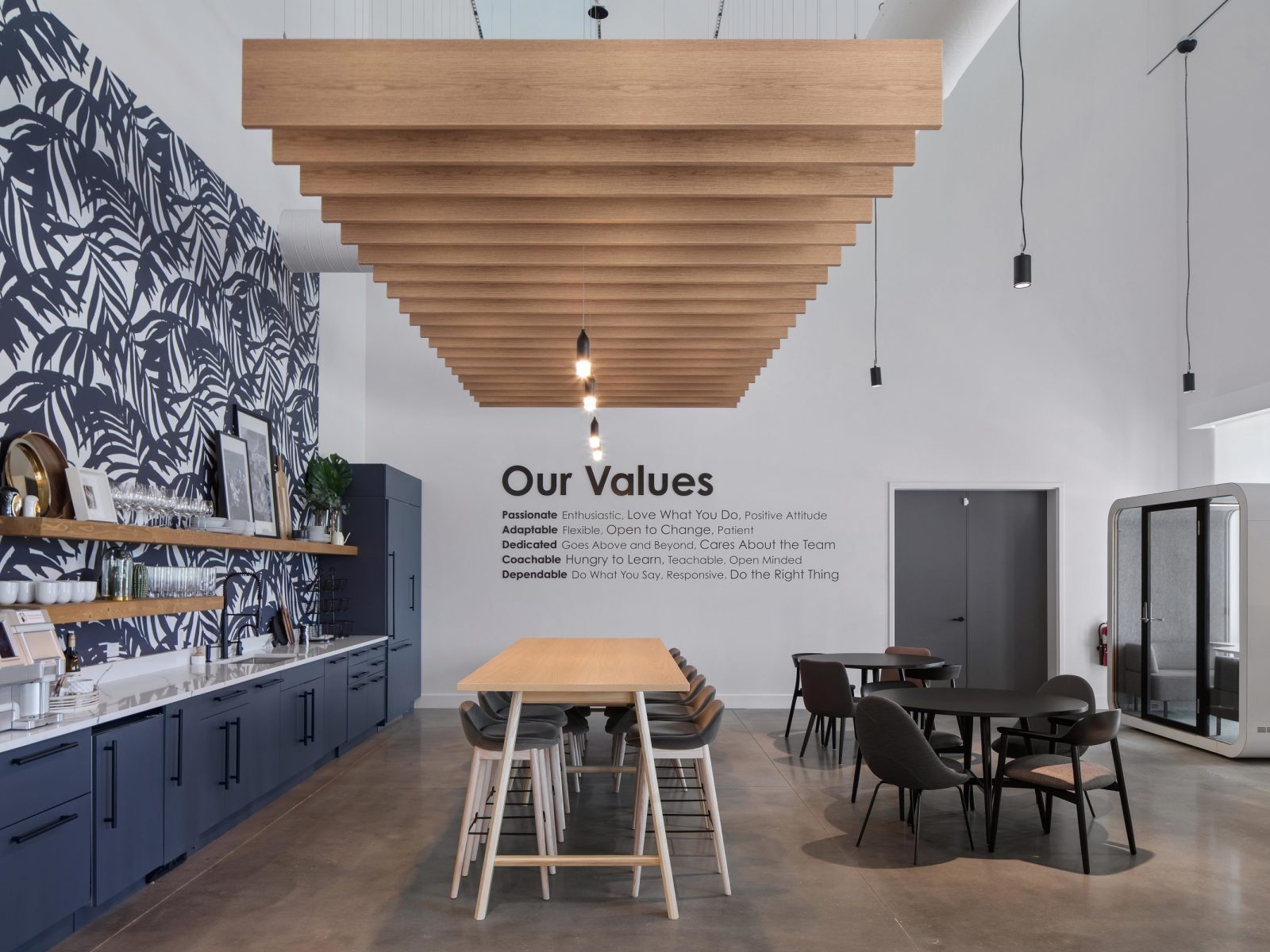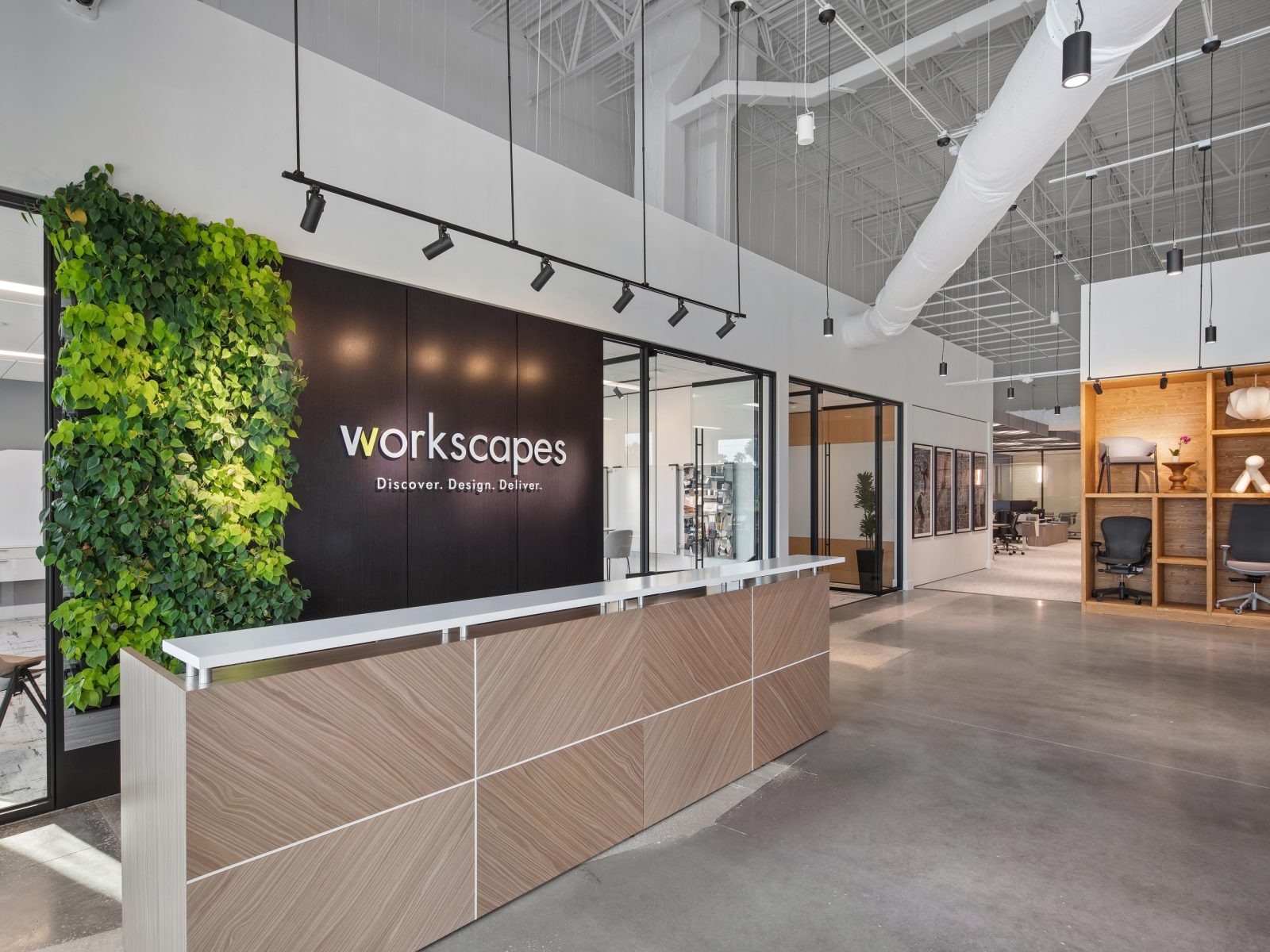Offices Might be Changing, but They Aren’t Going Away
Flexible workplaces are vital in a hybrid world to allow employees to get the most out of their time in the office. Hybrid work is changing how office space gets used, and now it is up to companies to make a change.

The Covid-19 pandemic has altered our workplaces in ways that were once unimaginable. With hybrid work becoming more dominant, people are forced to rethink how they use their office space. The cities that never slept seem to have turned sleepy with fewer commuters and more work from home. Office spaces are being re-evaluated to accommodate the new needs and provide flexibility.
Flexible buildings for flexible lives?
The pandemic has opened the eyes of people to the benefits of working from home and staying away from long hours on the road and in the office. As life starts becoming normal again with Covid slowly drifting away, workplaces are finding a new “normal". For some, this is three or four days in the office, and other days working from home. Each company is finding different policies to fit the needs of employees. However, with the return to the office, they must also be able to adjust their space to make sure they can safely foster collaboration and community.
People who are coming into the workplace have missed face-to-face interactions and meetings. Spaces must be able to accommodate these focuses instead of confining each person to small cubicles or offices. Providing open area workplaces and rooms for design and innovation will allow employees to have the interactions they need. Having it be more than just an office will provide people bonuses for coming into the workplace. These aspects can help drive creativity and motivate employees to hang up the computer and hang out. By providing additional amenities for employees, they will be more inclined to work in the office as they are motivated. They will be more engaged and eager to be a part of the community without having to communicate through a screen.
Begin Future-Proofing Your Space
Futureproofing allows you to help plan for the unavoidable to the best of your ability. The pandemic was not something controllable or predictable, and that is the case with the rest of history. However, by looking at trends and developments that may occur in the future, one can build a prepared workplace. It should fit the company's needs today, tomorrow, and in the future. Creating a space with furniture that won't be outdated in a few years is a pivotal place to start. Additionally, providing desks for standing or sitting, high-quality office chairs, and acoustics to mask sound, launch the process for the future. Technology is the future, and the office must keep up. By adding technology to the workplace, efficiency and productivity will quickly increase.
Adapting the Needs of Employees
With the pandemic changing the way people see their office, it is essential to start making changes to accommodate. People have started feeling more anxious and burnt out, which makes home an escape from work. However, with the right changes in the workplace, from open spaces to comfier office chairs to technology, anxiety, and burnout can be mitigated. Adapting to the needs of all generations in the office will create a happier and healthier workplace.
The pandemic has taught people countless lessons, especially at work. Getting ahead of the curve and adjusting the office buildings should be a top priority for companies. As habits and values change, the workplace is no different. Begin by finding ways to be innovative while also being resourceful. There will always be a need for the office if it accommodates the needs of employees.
Adjusting to Hybrid
Companies continue to decide what the best mix of at home and in the office work is. The office needs to be a place where people can escape the chaos of home. An ideal office has spaces where employees can gather in person and has the technology to include people at home. People miss meeting in person, but in a hybrid world some people will need to connect virtually. Having an office where this is possible will allow employees to have more freedom and flexibility with their schedules. The more connected you are with other employees, the more success your company will see. Constantly reading through work-life news and understanding how people work best is crucial to designing the future workplace. Since companies have all different needs, no two office spaces will look the same.













